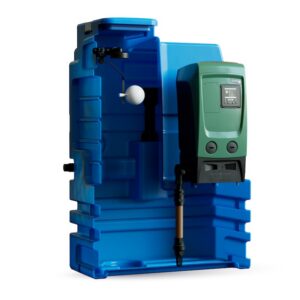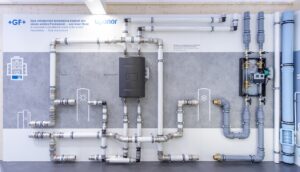Regulation on the Sustainable Use of Plant Protection Products

Preventing pesticide pollution will help achieve Zero Pollution while protecting people and planet. (Image source: EurEau)
This legislative proposal heralds good news for water operators: water suppliers need water resources that are protected from pollution so that tap water remains safe and affordable and the right to water is not jeopardised.
“Today’s move signals the Commission’s clear support for water resources protection and prioritises drinking water consumer protection by ensuring that water services remain safe and affordable thanks to the introduction of binding 2030 targets both at EU and national levels.” said Dr Claudia Castell-Exner, EurEau President. “We are very pleased to see that the Commission proposed stringent obligations for the protection of water resources used for the abstraction of drinking water since they fall under the definition of ‘sensitive areas’ where the use of all plant protection products is prohibited according to the proposal”
Agriculture is considered as the greatest contributor to pesticides in surface water and in groundwater used for the abstraction of drinking water, through application, runoffs or incorrect disposal. Pesticides are more and more having a negative impact on the quality of drinking water resources and drinking water operators have to increasingly resort to expensive and energy-intensive extra-treatments while consumers bear the costs.
While the legislative proposal represents a major step in the right direction, we urge the European Parliament and the Council of the EU to embrace the change and support a European food system that protects water resources.
We will work with the institutions to improve the current proposal, such as including for the provision of more relevant and granular information on the use of pesticides available and accessible to competent authorities and water operators so that the new Drinking Water Directive can be correctly implemented and the health of drinking water consumers can be protected
Source: EurEau







